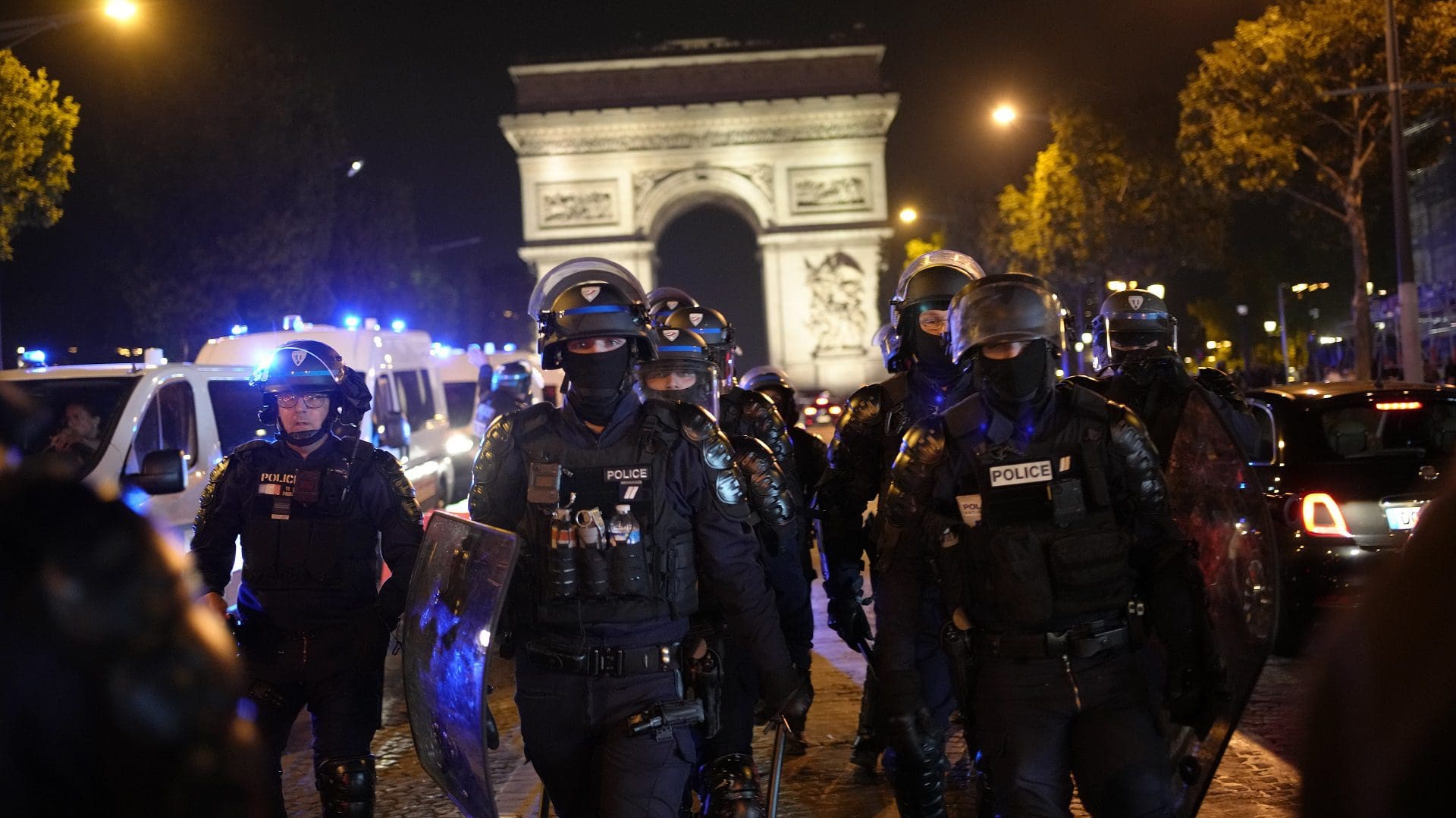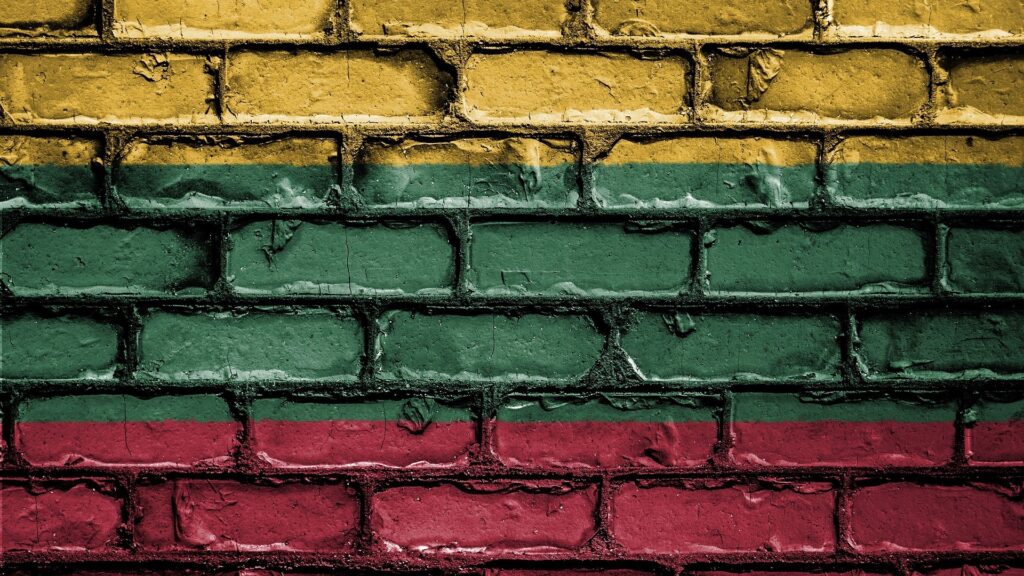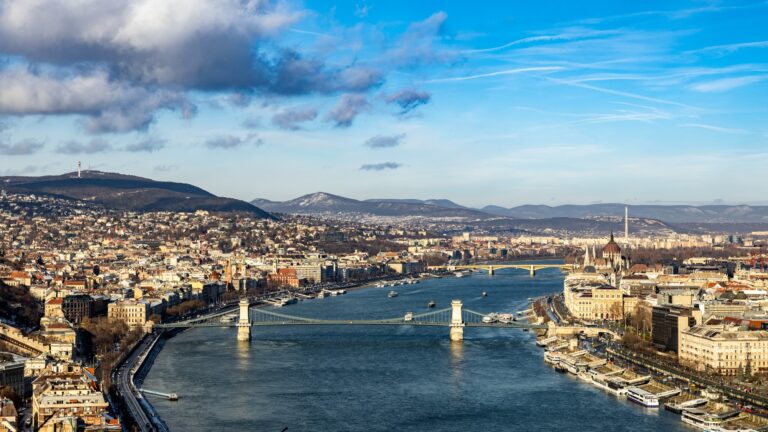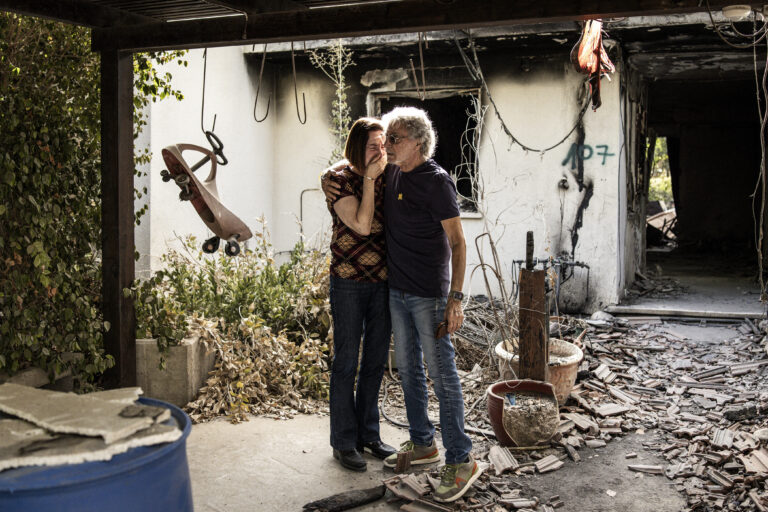The following article is based on a translation of a summary kindly provided to us by HIIA.
At a recent roundtable discussion organised by the Hungarian Institute of International Affairs (HIIA), a group of experts attempted to unravel the root causes of the still ongoing, devastating French riots.
At the event titled The BLM-Moment of France? – Political and Security Implications of the Riots in France, political theorist, University of Dallas professor, and HIIA President Gladden Pappin said that one of the inciting factors behind the recent events in France is the economic difficulties and price hikes that arose in the last two years. These include the drastic inflation in food prices that resulted in a 17 per cent drop in domestic consumer spending. Thus, the social class already plagued by a low standard of living and unemployment could easily be brought to the streets by the death of a young man caused by excessive force by the police. He also voiced his conviction that what may provide a chance for a resolution of the situation is the deepening of the cultural dialogue between the various social strata.
The HIIA president also noted that the American BLM movement had an already well-organised political apparatus and substantial media backing behind it, which very swiftly escalated the events. However, French rioters have a lot less societal support behind them.
Milton Friedman University adjunct professor Eszter Petronella Soós stated that French social policies are based on the notion that whoever respects the law and makes the effort can get ahead, regardless of their race and religion; and prioritise neutral civic education over positive discrimination for minorities. However,
the less educated and unemployed class of the suburbs, lacking a sense of achievement, are falling behind,
thus the question is whether they could even be included in the social dialogue at this point. Such inclusion is greatly hindered by the fact that there is no mutual trust between the majority and the impoverished, or between the residents of the banlieues and law enforcement. Rather, all these people are mutually in fear of each other.
Ms Soós sees the solution to the social tensions in restoring trust in authorities through public education. While these issues have been debated in society for years, no concrete resolutions have been proposed so far in her opinion.
Bianka Speidl, head of research at the Századvég Institute, thinks that one of the problems of the post-liberal societies of the West is that, due to freedom of speech, virtually anything can be said. Thus, in case of an extreme sentiment being expressed, the majority can feel threatened in their values, while people from an immigrant background may feel that the majority is not doing enough for them. The increasing tensions could lead to uprisings. However, she also remarked that
the question also needs to be asked why someone would not stop when pulled over by the police,
while the officer using excessive force should not be absolved from all responsibilities either.
Ms Speidl pointed out that among some circuits of minority groups, it is ‘fashionable’ to resist any action by local or state authorities. Therefore, it is not surprising that certain anarchist and Islamist organisations immediately got involved in the riots.
Riots erupted in France on 28 June, after the death of a 17-year-old boy, caused by excessive police force. The swarm of youth taking to the streets, mainly from immigrant backgrounds, set thousands of cars and garbage cans on fire across the country during the nights of the riot. They also attacked public buildings, such as mayoral offices and police stations and looted and vandalized shops, destroying the livelihoods of small business owners. According to police data, 760 law enforcement officers were injured, Meanwhile, the wave of violence has spread to Brussels, Belgium and Lausanne, Switzerland near the French border.
Related articles:







